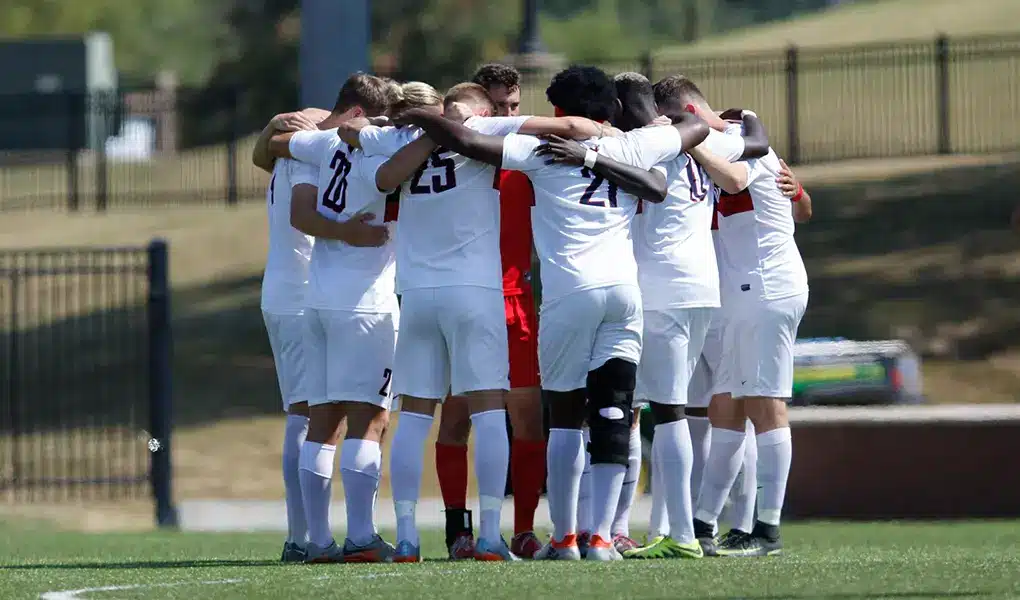
In football, we often talk about talent, tactics, and physical ability. But there’s an invisible force that can define the fate of a team: chemistry. It’s not just about liking your teammates — it’s about understanding their rhythm, anticipating their moves, and trusting their decisions under pressure. Some of the world’s greatest teams didn’t just have stars — they had harmony.
Team chemistry develops through shared struggles, celebrations, and sacrifices. Whether you’re playing in the streets or in a league, bonds formed off the pitch often lead to better coordination on it. You pass not because it’s the logical move, but because you feel your teammate will be there. That instinct comes from connection — not just coaching.
For amateur players, focusing on team chemistry is a secret weapon. You may not control your opponent’s skill, but you can build unity, trust, and cohesion within your squad. And when that connection grows, so does your performance. Football isn’t just played with the feet — it’s played with the heart, together.
